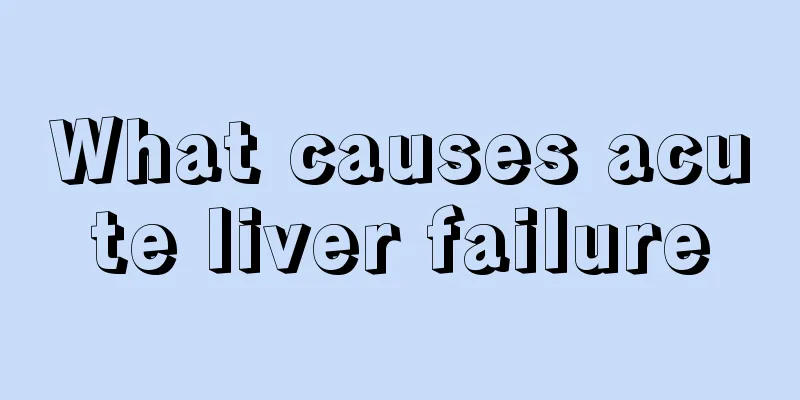What can't you eat after bladder surgery

|
After undergoing bladder surgery, people must not eat spicy and irritating foods. These foods will cause inflammation in the body and even lead to wound infection. There are also many irritating foods that cannot be consumed at will, such as the most common seafood and some tropical fruits. These foods are not allowed to be eaten by patients. 1. Spicy and overheated food After eating spicy or overly hot food, people will experience reactions such as hotness and sweating. Since there will inevitably be a certain number of bacteria in sweat, if the sweat glands near the surgical incision secrete a large amount of sweat, it will not only be detrimental to the healing of the wound, but will also easily lead to local bacterial reproduction, increasing the risk of postoperative infection. 2. Foods that are prone to allergies, such as seafood and tropical fruits Crustaceans such as crabs and shrimps in seafood can easily cause allergies because they contain ingredients such as histamine; tropical fruits such as mangoes and pineapples can also easily cause allergies. When an allergy occurs, the skin will become red, a rash will develop, and there will be symptoms such as peeling and itching. Foods that cannot be eaten after surgery The so-called "irritating foods" refer to foods that are particularly likely to induce certain diseases (especially old diseases) or aggravate existing diseases. Taboos on irritating foods are of great significance in both dietary health care and dietary therapy. Under normal circumstances, allergenic foods are also foods. Eating them in moderation will not cause side effects or discomfort to most people. They will only induce illness in people with certain special physical conditions and certain diseases related to them. The scope of irritants is very wide. In our daily life, the foods that belong to irritants can be divided into the following categories according to their sources: 1. Edible fungi. They mainly include mushrooms, shiitake mushrooms, etc. Overeating of these foods can easily cause wind to rise in the yang, triggering chronic diseases such as liver yang headache and liver wind dizziness. In addition, it can easily induce or aggravate skin sores and swelling. 2. Poultry and livestock. The main ones include rooster, chicken head, pork head, sow meat, goose meat, chicken wings, chicken feet, cattle, sheep, horse, donkey, dog, and venison. These foods are active and ascending in nature. Eating them can easily cause wind and raise yang, triggering chronic diseases such as liver yang headache and liver wind dizziness. In addition, it can easily induce or aggravate skin sores and swelling. |
<<: How long does bladder stone surgery take
>>: Cystostomy tube replacement
Recommend
Treatment of acute tonsillitis
If our tonsils have abnormal acute inflammation, ...
Which vitamins can help you grow taller
Vitamins play a very important role in the develo...
Smoking cures constipation
Many people think that smoking is a good way to t...
What should I do if my eyelids are allergic, itchy and flaky? Still a little swollen?
Once the seasons change or spring comes, many peo...
What are the causes of brain cancer
The high incidence of brain cancer is very common...
What to do if the stomach is indigestible
In fact, stomach bloating and indigestion have a ...
Understand the spread of nasopharyngeal carcinoma and effectively control the disease
Cancer is not only a difficult disease to cure, b...
How to solve muscle strain and ligament strain
Muscle strain and ligament strain are quite commo...
Is grapefruit cold?
Every winter, you will see all kinds of grapefrui...
What are some tips for sun protection in summer
Many women are reluctant to go out in the summer ...
How long does it take for the skeleton line to close?
We all know that after the bone line closes, the ...
What causes sore and weak hands and feet?
Symptoms of sore and weak hands and feet are expe...
What to add to rice to make it more fragrant
Cooking rice seems simple, but some people make i...
What kind of men are most popular with women in life
Introduction: Some men say, "I am not attrac...
Why does colorectal cancer favor young people?
Colorectal cancer has become one of the most comm...









